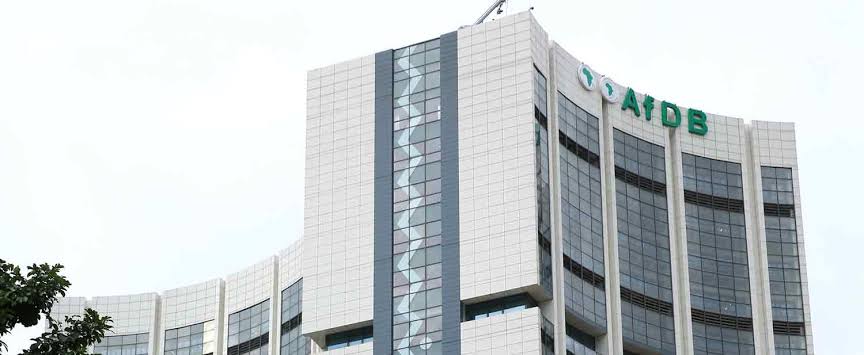The Board of Directors of the African Development Bank Group (AfDB) has approved over $31 million in funding under its African Climate Action Window (CAW) to strengthen climate resilience in Sierra Leone, South Sudan, Djibouti, and Madagascar.
The Climate Action Window of the Bank Group’s African Development Fund seeks to mobilize $4 billion by 2025 to provide rapid and coherent access to climate finance, support co-financing, and prioritize the most vulnerable countries, fragile states, and those affected by conflict. The African Development Fund is the concessional arm of the Bank Group.
The funding, approved in November and December 2024, will support innovative projects that respond to the CAW’s first call for project proposals. Forty-one pioneering climate adaptation projects valued at $321.75 million have been selected in the initial funding wave, with a focus on tackling climate change, bolstering livelihoods of vulnerable communities, including women and youth, and enhancing climate information systems.
The projects will also benefit from $28.13 million in climate co-financing from sources including the Green Climate Fund.
In Sierra Leone, the Freetown WASH and Aquatic Environment Revamping Project will receive $5 million to enhance access to sustainable water, sanitation, and hygiene (WASH) services and introduce modernized hydro-meteorological observation networks and early warning systems, benefiting approximately 700,000 people. Another key component of the project is the creation of an interactive flood map for the Freetown Peninsula, a crucial tool for disaster risk reduction.
In South Sudan, the Climate Resilient Agri-Food Systems Transformation Programme has been allocated $9.4 million to expand climate-adaptive technologies that enhance agricultural productivity and food and nutritional security. The program also has a rehabilitation element focusing on 1200 hectares of land as well as rural infrastructure and will provide training to about 8,000 individuals.
Among expected benefits are a projected reduction of about 720,000 tonnes of CO2 emissions. and the creation of 180,000 direct jobs with a strong focus on women and youth; additionally, 90,000 farmers will learn about climate-smart farming practices.













